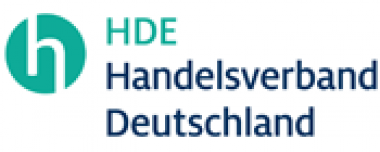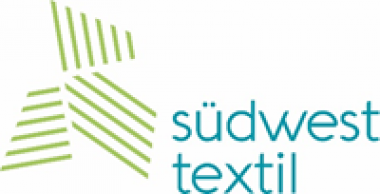RE&UP and Marchi & Fildi: Next-Gen recycled cotton yarns
RE&UP announced a new partnership with Marchi & Fildi to co-develop a new generation of premium recycled cotton yarns. The collaboration – currently at pre-industrial stage – combines RE&UP’s cutting-edge textile-to-textile recycling technology with Marchi & Fildi’s deep expertise in sustainable yarn development and manufacturing.
With the goal of reaching all levels of the textile value chain, the project represents a key milestone in the evolution of circular innovation. The recycled cotton fibers used in the initiative come from RE&UP’s fully integrated process, which transforms post-consumer waste into high-quality raw materials ready for industrial application.
RE&UP and Marchi & Fildi bring together a powerful blend of innovation and excellence. This collaboration is driven by a shared belief: that circularity must go hand in hand with uncompromising quality. By combining RE&UP’s breakthrough recycling technology with Marchi & Fildi’s expertise in premium yarn development, the two companies are laying the groundwork for scalable, high-performance solutions that can elevate the entire textile value chain.
RE&UP

































